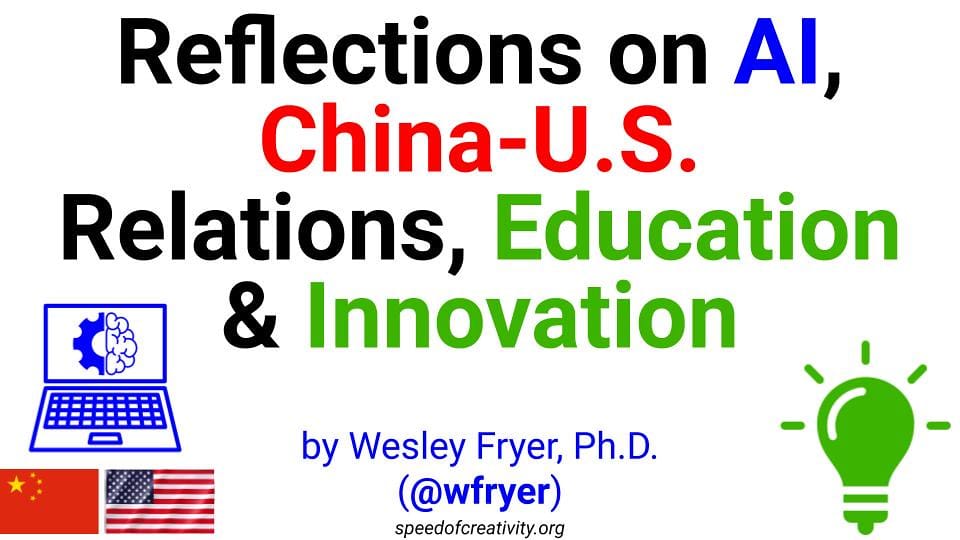Universities across the globe are rolling out the red carpet for artificial intelligence, with many institutions now providing students and faculty with institutional access to ChatGPT and other AI tools. What was once viewed with suspicion in academic circles has rapidly transformed into essential campus infrastructure, fundamentally reshaping how education is delivered and consumed in 2024.
The Academic AI Revolution
The shift has been dramatic and swift. Just two years ago, many universities were scrambling to create policies banning AI use in classrooms. Today, institutions like Arizona State University, the University of Pennsylvania, and dozens of others are not only permitting AI use—they're actively integrating it into their educational ecosystem.
Arizona State University made headlines by becoming one of the first major institutions to provide campus-wide access to ChatGPT Plus, giving all 150,000 students and faculty members premium AI capabilities. "We're not just adapting to the future of education—we're helping to create it," explained ASU's Chief Information Officer.
Beyond the Chatbot: Practical Applications
Universities aren't simply handing students a chatbot and calling it innovation.
The implementation is strategic and multifaceted:
Research and Writing Support
Students are using AI for brainstorming, research assistance, and improving their writing clarity. Rather than replacing critical thinking, institutions report that AI is helping students articulate ideas more effectively and explore topics from multiple perspectives.
Administrative Efficiency
Universities are deploying AI for course scheduling, student support services, and administrative tasks. The University of California system reports saving thousands of staff hours through AI-powered student inquiry systems.
Personalized Learning Pathways
AI tutoring systems are providing 24/7 academic support, offering personalized explanations and adapting to individual learning styles. Early data shows improved student retention rates and academic performance met93/5rics.

Faculty Adaptation and Training
The integration hasn't been without challenges. Universities are investing heavily in faculty development programs to help educators understand AI capabilities and limitations.
Professor Sarah Chen from Stanford's Education School notes, "We're teaching faculty how to design assignments that leverage AI constructively while still developing students' critical thinking skills. It's about working with AI, not being replaced by it."

Training programs typically cover prompt engineering, AI literacy, and ethical considerations. Faculty report that understanding AI capabilities has enhanced their teaching methods and course design.
Student Response and Academic Integrity
Initial student surveys reveal overwhelmingly positive responses to institutional AI access. A recent study of 5,000 students across participating universities found:
- 78% report improved productivity in coursework
- 65% say AI helps them understand complex concepts better
- 84% prefer having institutional AI access over free alternatives
Academic integrity concerns, while present, are being addressed through clear guidelines and honor codes that distinguish between appropriate AI assistance and academic dishonesty.
The Economic Imperative
Universities face significant pressure to prepare graduates for an AI-integrated workforce. Major employers including Google, Microsoft, and consulting firms are explicitly seeking candidates with AI collaboration skills.
"Universities that don't embrace AI risk graduating students who are unprepared for the modern workplace,"
argues Dr. Michael Rodriguez, Director of Digital Learning at Georgetown University.
The investment is substantial—institutional ChatGPT licenses can cost universities hundreds of thousands annually—but administrators view it as essential infrastructure, similar to campus WiFi or library databases.
Implementation Challenges and Solutions
Rolling out campus-wide AI isn't without hurdles. Technical infrastructure, privacy concerns, and varying levels of AI literacy among users present ongoing challenges.
Most successful implementations include:
- Comprehensive training programs for all users
- Clear usage policies and ethical guidelines
- Technical support systems
- Regular assessment and feedback mechanisms

Looking Ahead: The New Normal
The trend shows no signs of slowing. Industry analysts predict that AI access will become as standard as email accounts for new students by 2025. Universities are exploring advanced applications including AI-powered research collaboration tools and sophisticated learning analytics.
As one university president recently stated, "We're not just teaching students about AI—we're teaching them to think, create, and solve problems in an AI-enabled world."
The question is no longer whether universities should embrace AI, but how quickly and effectively they can integrate these tools while maintaining academic rigor and educational values. For students entering college today, AI literacy isn't optional—it's fundamental to their academic and professional success.
Target Audience: Higher education administrators, faculty, education technology professionals, university students, academic policy makers, and education journalists interested in AI integration in academic settings.

